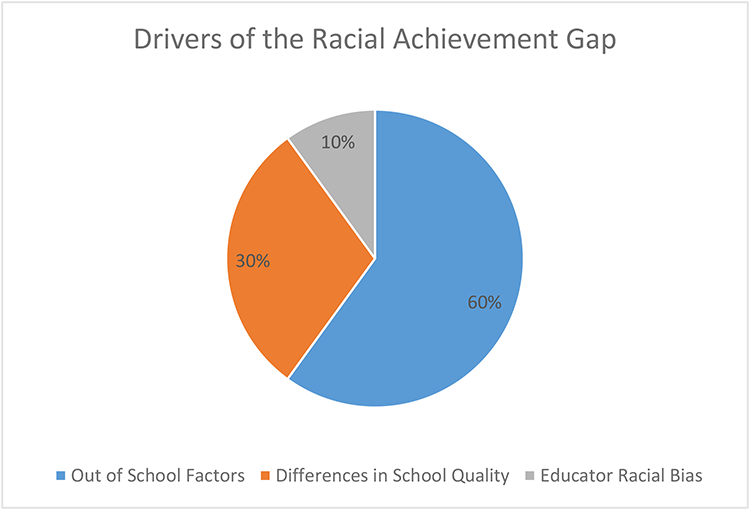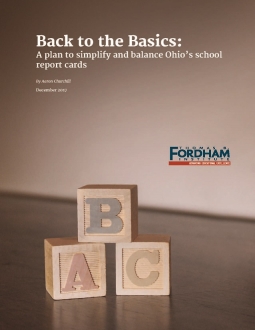The gap in vocabulary for children growing up in poor households compared to their higher-income peers is well documented in research, especially for the youngest students just entering school. But shouldn’t the start of formal education begin to mitigate that gap? Research has shown that, unfortunately, initial gaps tend to persist, leading to a steep uphill climb by the time students are “reading to learn” in fourth grade and up. A group of researchers from the University of Texas at Dallas and San Diego State University recently studied whether the pernicious effects of socioeconomic status (SES) might negatively affect not only base vocabulary size but also the typical processes of word learning, which would serve to increase a child’s vocabulary going forward.
They recruited a group of 68 students ages 8 to 15 to take part in an experiment that required participants to use the surrounding text to identify the meaning of an unknown word. Each exercise included three sentences, all with a made-up word at the end. For example: “Pour some water in my raub.” This was the last of a three-sentence triplet designed to lead a reader to that “raub” means “cup.” All of the words comprising the context were high-frequency words typically acquired by age 8, but half of the triplet sequences were geared to give less obvious build up to the correct answer. The goal was to identify whether vocabulary, reading skills (both decoding and reading comprehension), working memory, and/or SES status correlated with success in identifying the unknown words. Through this experiment, researchers found that SES was negatively related to success in this task. Poor students did significantly worse than did their higher-SES peers. Reading skills and working memory were not found to be related to success. Some caveats related to this study include its small n-size and a high proportion of bilingual participants with varying levels of exposure to English.
This study provides support for the so-called Matthew Effect, which posits that students who enter school with a large vocabulary have an ongoing advantage over students who do not. The usual response to this is call for expanded pre-K and richer content in the earlier grades, but the students being studied here are well past that age. Luckily for them, there is plenty of research showing successful vocabulary-building interventions for middle schoolers who arrived with deficits. This study includes no data on the educational history and experience of any of the participants. Any extensions of this research should take into account the amount and quality of the education children have received because good schools matter, especially for students growing up in poverty.
SOURCE: Mandy J. Maguire, et. al., “Vocabulary knowledge mediates the link between socioeconomic status and word learning in grade school,” Journal of Experimental Child Psychology (February 2018).





